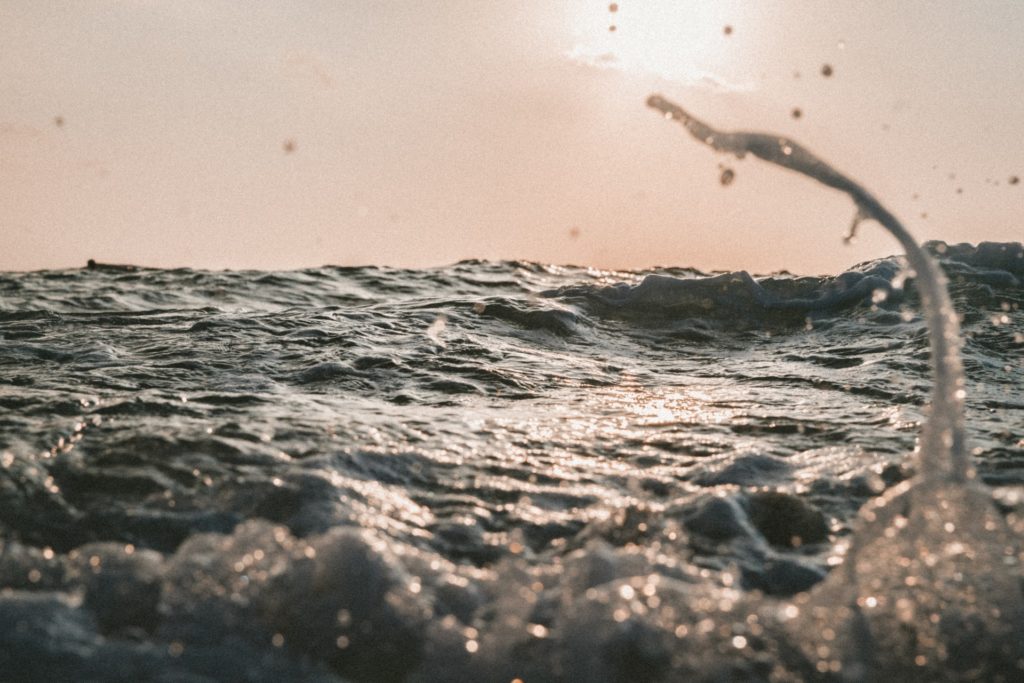It’s no secret that Cape Town’s waters are exceptionally cold, especially in comparison to the seas of KwaZulu-Natal, considering we are lucky enough to have two different oceans surrounding South Africa. The Atlantic Ocean graces the shores of the Western Cape and the temperatures average at a refreshing 15 degrees Celcius.
Up until recently, no right-minded surfer, diver or swimmer would go near the ocean without a toasty wetsuit, and even then you wouldn’t be completely oblivious to the sharp sting of the ocean. In recent years, however much light has been shed on the physical and mental health benefits of entering the ocean without any protective clothing (normal swimwear is still recommended, though, unless you’re hanging out at Sandy Bay).
Anyone who’s watched My Octopus Teacher will remember how diver Craig Foster said he never wore a wetsuit, so as to get closer to nature and the ocean’s inhabitants, physically and emotionally. It can be seen as a symbol of immersion and surrender, allowing the ocean to encapsulate us fully.
Here are some more reasons why Capetonians and visitors alike are braving the Cape’s waters without a barrier layer and showing some skin to Mother Nature.
Swimming in the ocean regularly will help with stress relief and boosts the mood. Sea water also contains important minerals that are good to expose the body to, reports LiveStrong.
IPRS Health adds other benefits:
– It gives you a natural high
Exercise in general but especially swimming in cold water releases endorphins, which makes us feel good. This will boost your mood and swimming daily or even weekly will help improve fitness, creating a positive cycle of feeling good and maintaining physical activity.
– It improves blood circulation
Repeated exposure to very cold water helps our bodies adapt to cold over time, and forces blood to the surface and helps to warm our extremities. This improves blood circulation to help keep healthy veins and arteries.
– It increases libido
Swimming in icy oceans has been found to boost oestrogen and testosterone production, adding an edge to fertility and libido. ‘Nuff said.
Here’s how to acclimatise to cold water if you have trouble dealing with cold:
When we get into ice cold water, the body experiences a shock response which leads to rapid breathing, an increased heart rate and increased blood pressure, reports the Outdoor Swimming Society. However, only about five immersions of three minutes will halve the cold shock response, helping you to adapt.
Note: Clinical hypothermia is a core body temperature of 35 degrees Celcius or less, so be sure to seek medical attention if you suspect you might suffer from it. Signs of hypothermia include mental confusion, slurred speech and poor movement coordination.
Picture: Unsplash

